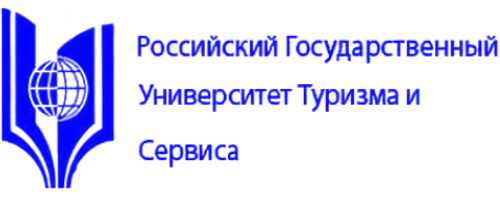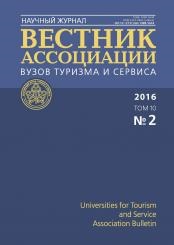Penza, Russian Federation
Moscow, Russian Federation
In connection with the entry into force of the new law «On education» the reforms of the national higher education received an additional boost. Improved standards of the third generation «FGOS 3+» has opened up great opportunities for the development of professional education in various areas of training that allows to fully take into account industry-specific features and requirements of business communities. Therefore, the most important task of the present stage of the reform of higher education is the adaptation of modern educational trends in the development of main educational programs of undergraduate and graduate levels. The article is based on a study conducted with direct participation of the authors, the main result of which is the development of an academic main educational program for the undergraduate level in the field of study «Tourism». Directly this article deals with the optimization of curricula that are «core» of any educational program. The results obtained directly by the authors are based on a fairly extensive empirical basis, which consists of curricula and basic educational undergraduate programs developed by higher education institutions — the recognized leaders in the field of tourism education. For the undergraduate level in the field of study «Tourism» the authors formed a competence model for academic Bachelor in tourism, taking into account the possibility of academic mobility, and consisting of a modular curriculum that includes 27 academic disciplines (modules). It should be noted that both the curriculum and the exemplary educational program as a whole meet the requirements of the federal state educational standard of higher education and take into account the demands of the modern business community regarding the training of future bachelors in tourism.
basic educational program, tourism, curriculum, academic bachelor
В системе российского образования, в том числе в области туризма, на настоящем этапе развития происходит переход на дифференцированный подход к получению первой ступени высшего образования. В рамках этого подхода по большому числу направлений подготовки предполагаются две формы получения образования: академический бакалавриат и прикладной бакалавриат. Эти названия вошли в дискурс российской системы высшего образования относительно недавно, поэтому до сих пор даже в академических кругах трактуются неоднозначно. И совершенно закономерно, что потенциальным потребителям образовательных услуг эти две формы дифференцированного получения образования практически неизвестны ни в каком контексте и до сих пор остаются совершенно непонятными. Отсутствие четкого понимания даже на уровне базовых дефиниций и смыслового разграничения академического и прикладного бакалавриата как у представителей системы образования, так и у практиков отрасли является само по себе крайне неблагоприятной предпосылкой для направленности и качества основ-
1. Kharitonova T.V. andChkhikvadze N.A. (2014), Research of Competence-Based Tourism Educational System´s Conformity with Requirements of a Modern Business-Society. World Applied Sciences Journal, Vol. 30 (Management, Economics, Technology & Tourism), pp. 22-24.
2. Basby G. (2003), The Concept of Sustainable Tourism within the Higher Education Curriculum: A British Case Study//Journal of Hospitality, Leisure, Sport and Tourism Education, Vol. 2, No. 2, pp. 48-58.
3. Fidgeon P.R. (2010), Tourism education and curriculum design: A time for consolidation and review? //Tourism Management, Vol. 31, Issue 6, pp. 699-723.
4. Chen K.C., Groves D (1999), The importance of examining philosophical relationships between tourism and hospitality curricula. International Journal of Contemporary Hospital Management, Vol. 11, Issue 1, pp. 37- 42.
5. Shaw G., Bailey A. and Williams A. (2011), Aspects of service-dominant logic and its implications for tourism management: Examples from the hotel industry. Tourism Management, Vol. 32, Issue 2, pp. 207-214.
6. GurelE., Altinay L. and Daniele R. (2010), Tourism students´ entrepreneurial intentions. Annals of Tourism Research, Vol. 37, Issue 3, pp. 646-669.





